Parole Project’s Employment Enhancement Program improves the South Louisiana workforce by connecting employers with skilled workers. Having completed education and vocational training programs, participants are prepared to start their careers using the skills they have learned while incarcerated.
About the Employment Enhancement Program
Parole Project has partnered with the Louisiana Department of Public Safety and Corrections and the Department of Justice to create a stronger prison-to-workforce pipeline. This initiative is designed to connect soon-to-be-released individuals with employment opportunities prior to their release from prison. In addition to providing a smoother transition from prison to Louisiana communities for formerly incarcerated individuals, we help supply high-skilled workers to the workforces in the Baton Rouge-New Orleans super region. We aim to connect skilled men and women with jobs that match their field of training and employers who will provide livable wages as they begin to rebuild their lives.
Our Process
We work directly with facilities to identify and screen potential participants. Our staff interview each candidate to discuss specific skills, areas of concern, and expectations for employment. After being interviewed, we connect potential employers with participants. Upon request, our staff also facilitate virtual interviews prior to a participant’s release date. Once accepted by the employer, participants are able to begin working immediately after their release.
How Everyone Benefits
Clients participate in a robust program designed to overcome key obstacles to successful reentry. Staff, community leaders, and volunteers teach daily classes at our office. Each session is designed to highlight unfamiliar issues, discuss solutions, and foster confidence as independent problem solvers.
Employers
Employment Enhancement Program participants have access to hands-on training, education, and nearly 150 industry-standard certifications while incarcerated. This provides a workforce of high-skilled candidates to fill high-need positions. Employers may also be eligible to receive tax credits and other incentives for hiring formerly incarcerated individuals.
Currently and Formerly Incarcerated People
Education and vocational training programs provide mentorship and tangible goals for men and women in prison. Access to these opportunities helps foster hope and purpose for incarcerated individuals, which can motivate them to continue pursuing rehabilitation and redemption. Altogether, these programs can help improve the morale and safety inside prisons – for both the incarcerated population and prison staff.
Having quality employment opportunities immediately upon release helps participants build a stable foundation and create a viable future. Additionally, being able to use a skill learned in prison can provide a sense of belonging with peers in workplace communities. Steady, livable income and the prospect of building a career improve participants’ confidence as they reenter society.
Communities
Providing access to meaningful employment and wage opportunities helps reduce the likelihood of individuals returning to prison – ultimately improving public safety. Formerly incarcerated men and women may also benefit communities by sharing their experiences, mentoring youth, or using their skills to help their neighbors.
Participant Criteria
- be 20–55 years old
- have a minimum of one year with no disciplinary record
- have earned a college degree, trade certification, or other specialized training while incarcerated
- have a pending release date
- be releasing to the Baton Rouge or New Orleans super regions
About H₂theFuture


